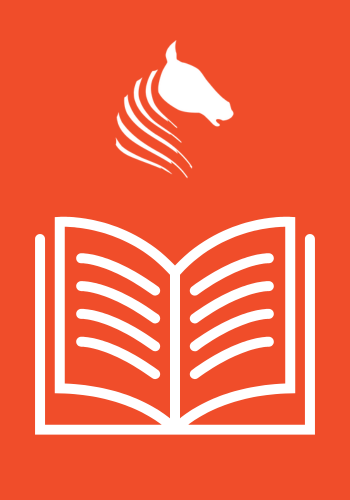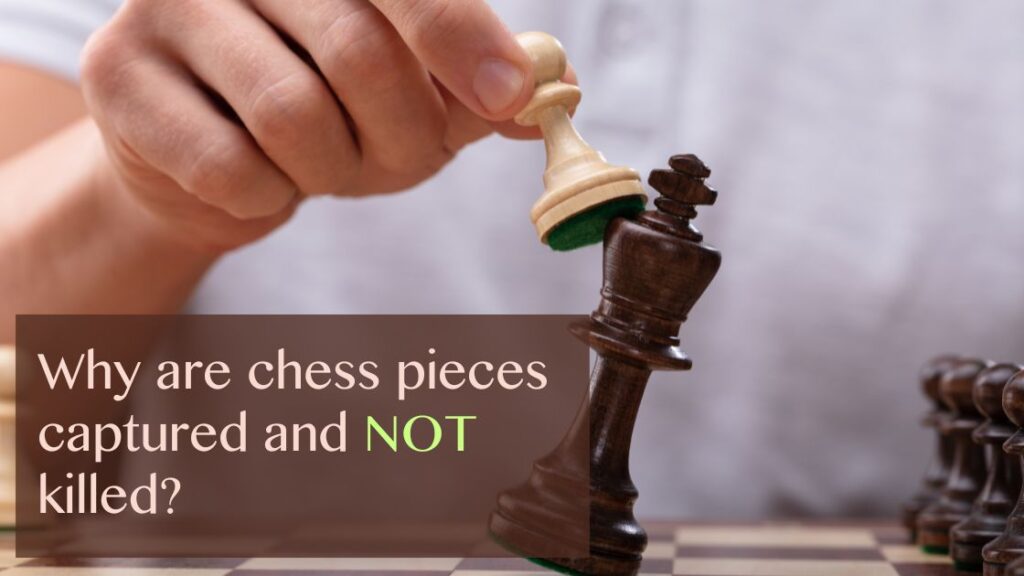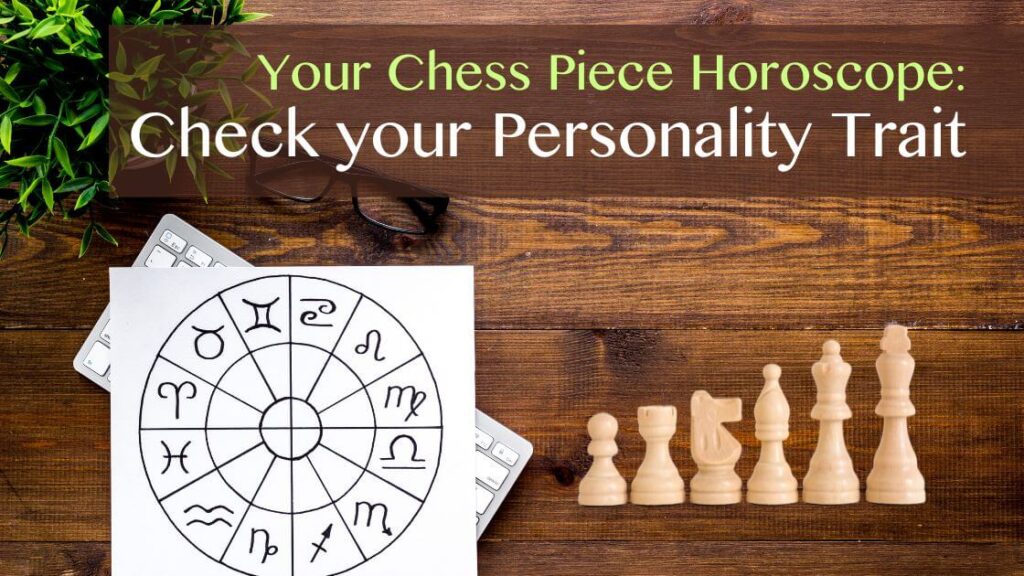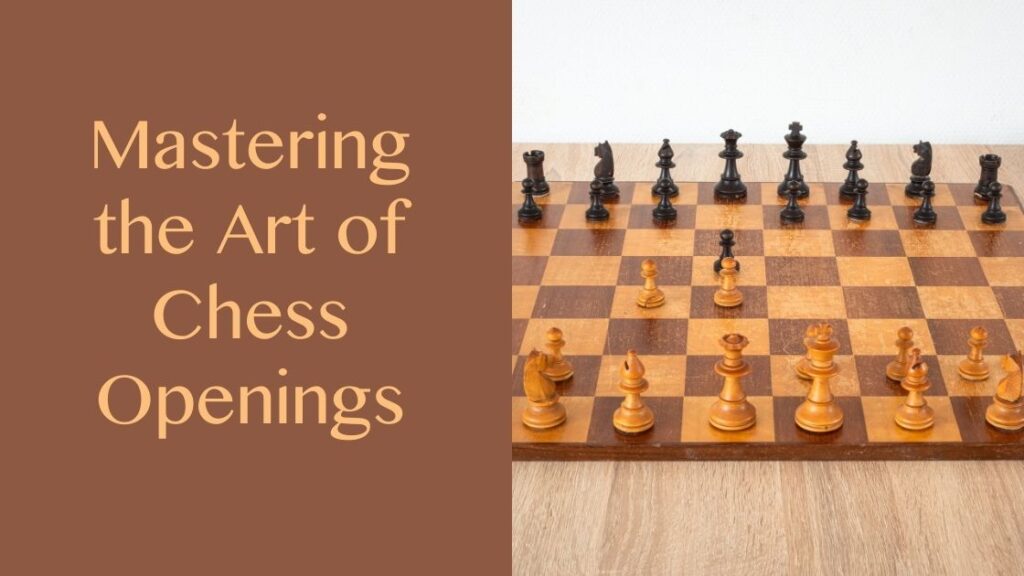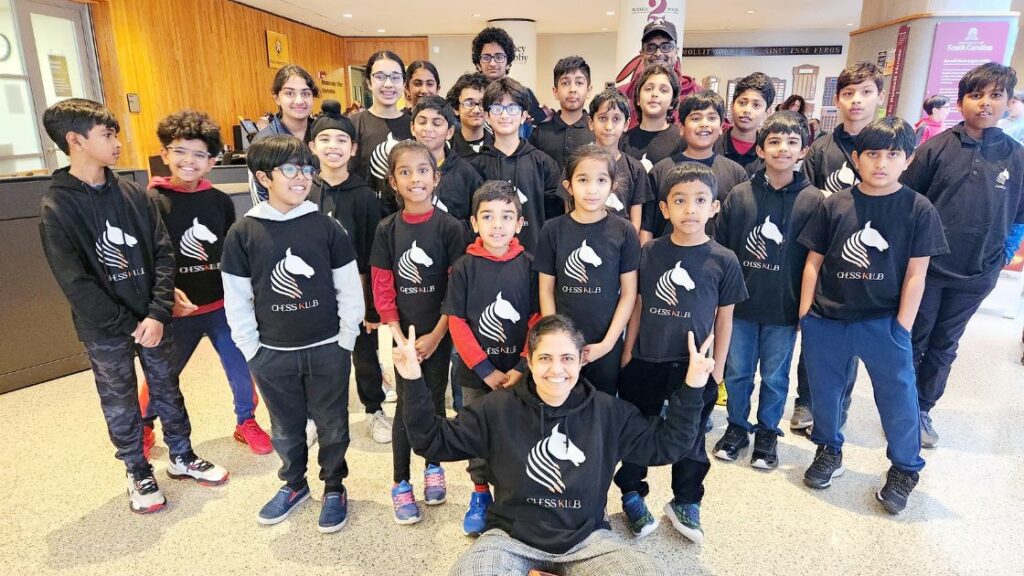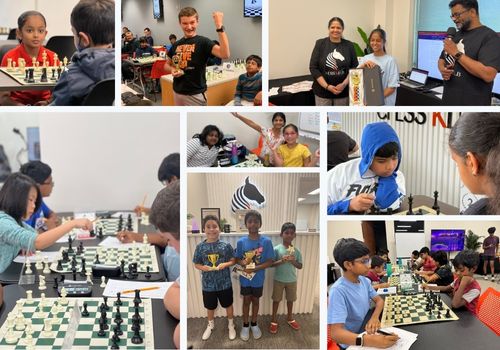There are champions all over the world who consider Chess as their whole life. However, there are also people worldwide who look at chess as a hobby or a leisure activity on a Sunday afternoon. Chess comes with a bunch of very obvious benefits like critical thinking, reasoning, analytical skills, calculating, and the list goes on.
To me, and probably most of you parents, these sound like features you would definitely want your kid to possess. Which brings up a very vital question to ponder upon this World Students’ Day - “Should Chess be taught in schools?”
Well, as a long-time lover and player of the game, my answer would be DEFINITELY!
However, the writer in me would like to support my answer with reasons, so let’s take a look at some of them.
Better Math and Reading Skills
A study by educational psychologist Stuart Margulies, Ph.D., in 1996 found that elementary school students in Los Angeles and New York who played chess scored approximately 10 percentage points higher on reading tests than their peers who didn't play.
Similarly, James M. Liptrap, a teacher and chess sponsor at Klein High School in Spring, TX, conducted a study in 1997. James found that fifth-graders who played chess scored 4.3 points higher on state reading assessments and 6.4 points higher on math tests than their non-chess-playing peers.
Playing Chess Brings the Grades Home
Studies by Dianne Horgan, Ph.D., dean of the Graduate School of Counseling, Educational Psychology, and Research at the University of Memphis, found that chess improves a child's visual memory, attention span, and spatial-reasoning ability.
Further, since the game requires players to make a series of decisions, each move helps kids learn to plan ahead, weigh alternatives, and use logical reasoning to make sound choices.
The Overall Increase in IQ Levels
A study done in Chennai, India, proves that
“Systematic training of chess has been shown to significantly increase the IQ and cognitive functioning among children. The study assessed the impact of chess intervention on the IQ scores of children and analyzed the cognitive functions that contributed to the IQ gain.”
Memory Improvement
At a very primitive level, chess is like brain exercises that force you to develop and memorize complicated and simple patterns that improve attention span and memory capabilities. Forcing your brain to use these aspects of its’ capabilities from a young age trains a child’s brain for the long run.
Memory is one of the most imperative skills required during the formative ages of a school-going kid, and chess is the best activity to help boost this skill among children.
Every Mom Wishes for Her Child to Be Patient
It can be hard handling kids with their high energy levels and a pile load of questions. Well, every mom prays for her kids to be slightly patient, hopefully not run around creating a mess, and hopefully wait for her answers.
Well, to solve this problem, chess is the one true solution.
A chess game lasts a minimum of 20-30 moves which requires two kids to sit and their chairs and focus on their games for at least 30 minutes. Now 30 minutes may not seem like a big deal to you and me, but for a mum, a child sitting still for 30 minutes with no jumping or running is a huge relief.
This point would definitely make incorporating chess into a classroom a hit among the mothers.
Conclusion
Well, these were the five main points I presented to support my argument, and maybe someday, a school may actually consider this debate. Till then, to make your life easier as a parent, enroll your kid with CHESSKLUB as soon as possible and reap the benefits of your child playing chess at a young age.
To all the students reading this, I hope you are setting aside some time in your weak for the chessboard and gaining that lead the game allows you to hold. Finally, to each of you reading this blog, you are a student in some way or the other and have been one in a conventional sense at some point, so to you - Happy World Students’ Day!


